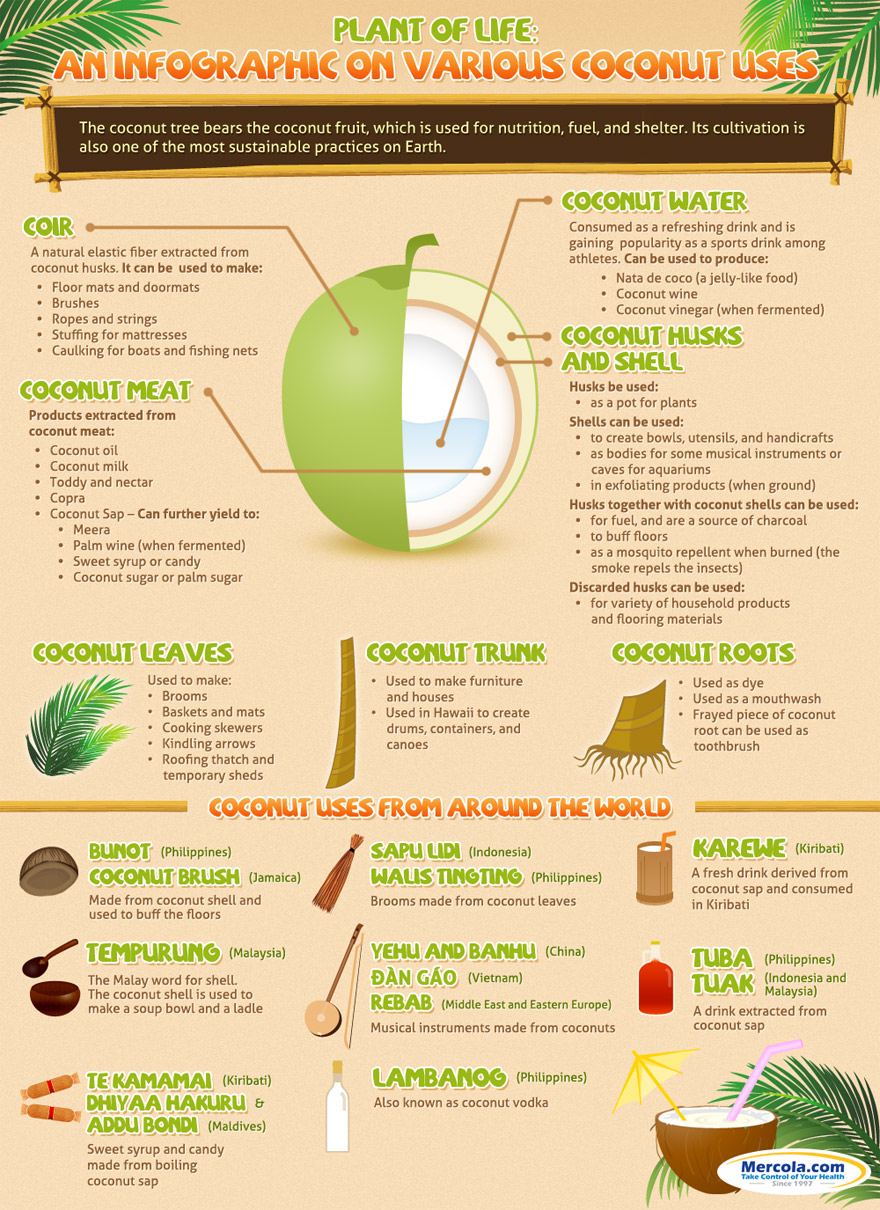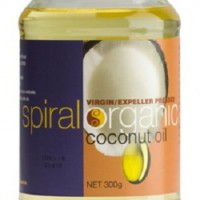we delivers enough to blog about

Can Coconut Help You Lose Weight? Benefits of Coconut
By Nick Hall
For many years the message we have received is that all saturated fats need to be avoided and that foods containing saturated fats will cause weight gain and high cholesterol. Despite this warning, the Western population is now heavier and has higher cholesterol levels than ever before.
Not all saturated fats are the same. Saturated fats such as vegetable oils are hydrogenated which turns the oil rancid which then creates trans saturated fat. Fat from coconut on the other hand is much different.
Coconuts have previously been touted as an evil tropical oil that will make you fat, clog your arteries and give you a heart attack.
Dr Joseph Mercola has studied and written extensively on the health benefits of coconut. In his various articles, Dr Mercola clarifies that coconut contains medium chain fatty acids which are processed differently by the body compared to other sources of fat. Studies have shown that consumption of medium chain fatty acids leads to greater energy expenditure and suppressed appetite which can assist in weight loss.
Other health benefits of coconuts include reducing risk of heart disease, lowering cholesterol, increasing metabolism, promoting healthy thyroid function and boosting daily energy levels. It can also help rejuvenate skin and prevent wrinkles.
Coconut is the richest natural source of medium chain fatty acids. Medium-chain fatty acids are easy for your body to break down which is easier on your digestive system. Medium-chain fatty acids are converted into energy straight away by the liver instead of being stored as fat. The fat from coconut also does not spike your insulin as opposed to processed carbohydrates.

Studies on animals and humans have shown that the fast rate of oxidation of medium chain fatty acids leads to greater energy expenditure. Both animal and human trials suggest a greater satiating effect (feeling of fullness) of medium-chain fatty acids compared with long-chain fatty acids. Food and energy intakes were suppressed when two thirds of the fat content of a high fat diet was derived from medium-chain fatty acids, however the bodyweight was not affected.
Coconut also contains lauric acid. When converted by the body, lauric acid contains anti-viral and anti-bacterial properties.
A study conducted by Dr Weston Price in the 1930’s found that those living in the South Pacific who consumed a traditional diet high in fat from coconut were healthy, lean and had virtually no cases of heart disease.
Low quality coconut oil however could increase bad cholesterol as it is chemically processed and hydrogenated.
Long chain fatty acids as opposed to medium chain fatty acids are difficult for your body to break down and put strain on your liver, pancreas and digestive system. Long chain fatty acids are mostly stored as fat and can also be deposited in your arteries as cholesterol.
On a side note, The Sydney Morning Herald published an article in September 2012 quoting the health benefits of coconut. The article noted that a study conducted by the Garvin Institute of Medical Research in Sydney found that a diet rich in coconut oil reduces the risk of type 2 diabetes by protecting against insulin resistance and avoiding the build up of body fat.
The article also quotes Miranda Kerr who claims to use coconut oil each day in green tea, on salads or when cooking.
References:
St-Onge, Marie-Pierre and Jones, Peter. Physiological Effects of Medium-Chain Triglycerides: Potential Agents in the Prevention of Obesity. The Journal of Nutrition, 2002.
Mercola, Dr J. Coconut Oil Part 1, 2 & 3. mercola.com
Mercola, Dr J. Coconut oil and saturated fats can make you healthy. mercola.com
Mercola, Dr J. Nuts about coconut. mercola.com
www.smh.com.au/lifestyle/diet-and-fitness/coconuts-all-theyre-cracked-up-to-be-20120914-25xgv.html

